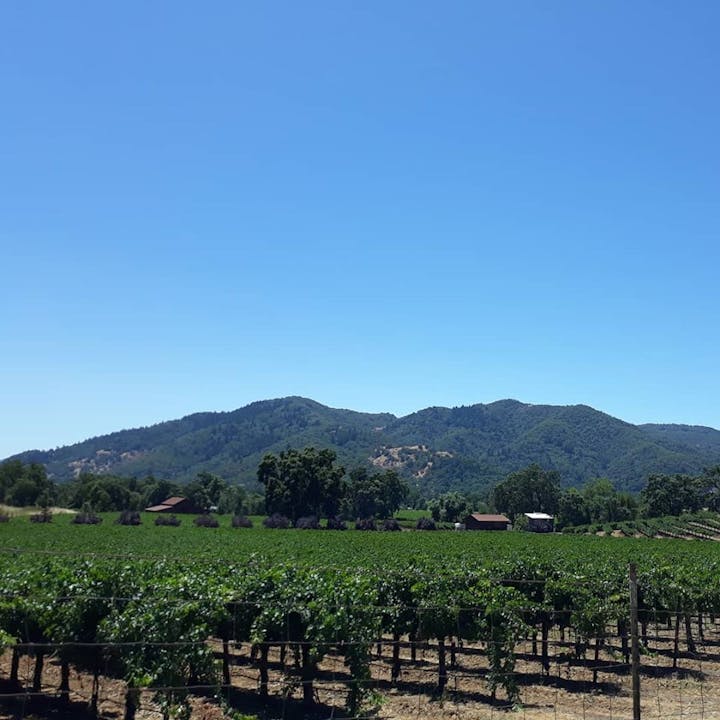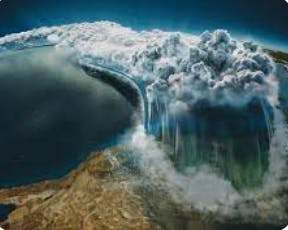Sign up for updates from Russian River Flood Control & Water Conservation Improvement District
Thanks for signing up!
There was an error saving your request. Please make sure you entered a valid email.





